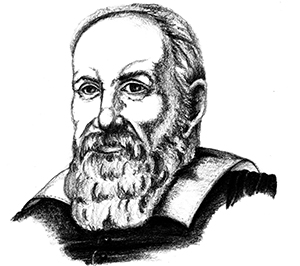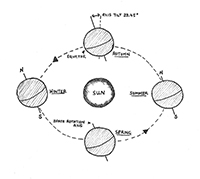Acceptance and Rejection
-
-

In problem solving, it is important to consider what will be accepted and what will be rejected. However, more proposals and plans are rejected than accepted, particularly those that are not well thought out. All communication and problem solving revolves around the decisions of what is accepted and what is rejected. The starting point is in the definition of the problem and the collection of evidence. Before that starts, there are discussions and decisions on the process, and the acceptance and rejection of approaches. Discussion will take place on the procedures and rules of investigation. At a personal level, the question is how do you gain more acceptance of your plans and ideas and less rejection? The CPS Model highlights the five skills as a basis for doing this.
The assumptions are that if you use them well, success will follow:
-
Enquiry leads to solid evidence to gain understanding and assessment
-
Diagnosis leads to explanations on the causes of problems that highlight areas for action
-
Summaries provide clarity on the problems and solutions
-
Proposing is an assessment of the costs and benefits of options
-
Coordination is the choice of action, with an implementation plan and system
-
-
Galileo Galilei

It is fascinating to look at the number of outstanding ideas that were rejected when they were first proposed. Priests, prophets and politicians, plus many others, sat in the chairs and refused to accept the work of innovators. Galileo told the Pope that the Earth was not the centre of the universe. As a result, in 1611, he was called before the Inquisition. Despite that, he continued his research and published books. So, in 1633, he was again interrogated by the Inquisition for 18 days. Under pressure, he refuted his work and was put under house arrest until he died in 1642.
It took the Roman Catholic Church 341 years to accept that Galileo was correct, when they finally made an acknowledgement in 1983. Since then, there have been many examples of innovators being rejected. In the following audio recording, you can hear how other innovators experienced Acceptance and Rejection at various times in their lives.
-
Applications

Although this is a rational approach, and should lead to more acceptance, there are still the emotional issues to deal with. You may have all the facts and a clear plan, but if some people feel disadvantaged, they will oppose and reject your approach.
Therefore, on the discussion to decision line on the CPS Model, remember who is for and who is against. Keep in mind to consult key stakeholders, and ensure that you get the numbers when it comes to the vote.
-